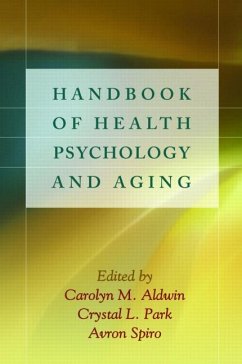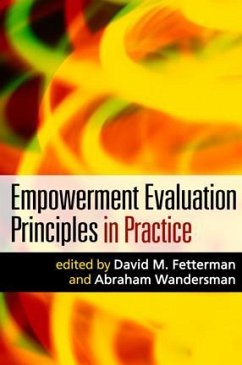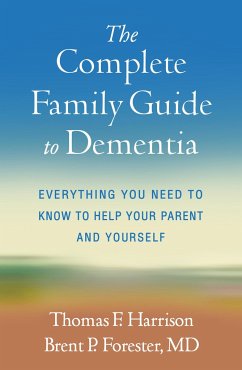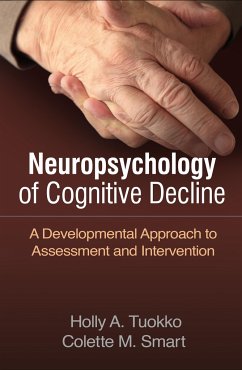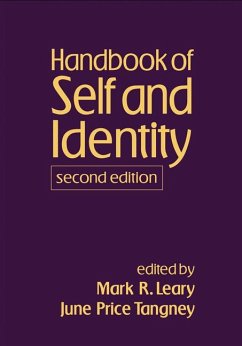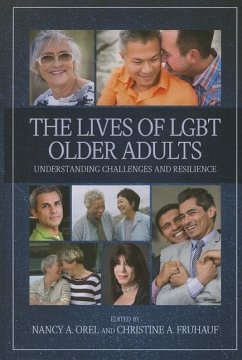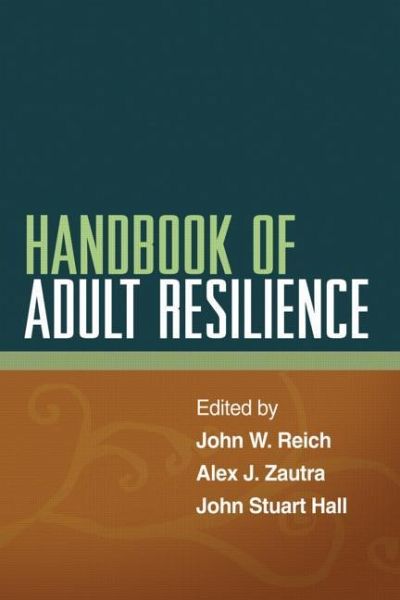
Handbook of Adult Resilience
Versandkostenfrei!
Versandfertig in über 4 Wochen
96,99 €
inkl. MwSt.

PAYBACK Punkte
48 °P sammeln!
The first book to move beyond childhood and adolescence to explore processes of resilience across the life span, this cutting-edge volume synthesizes the best current research in the field. Contributors offer a comprehensive examination of resilience at multiple levels of analysis.




